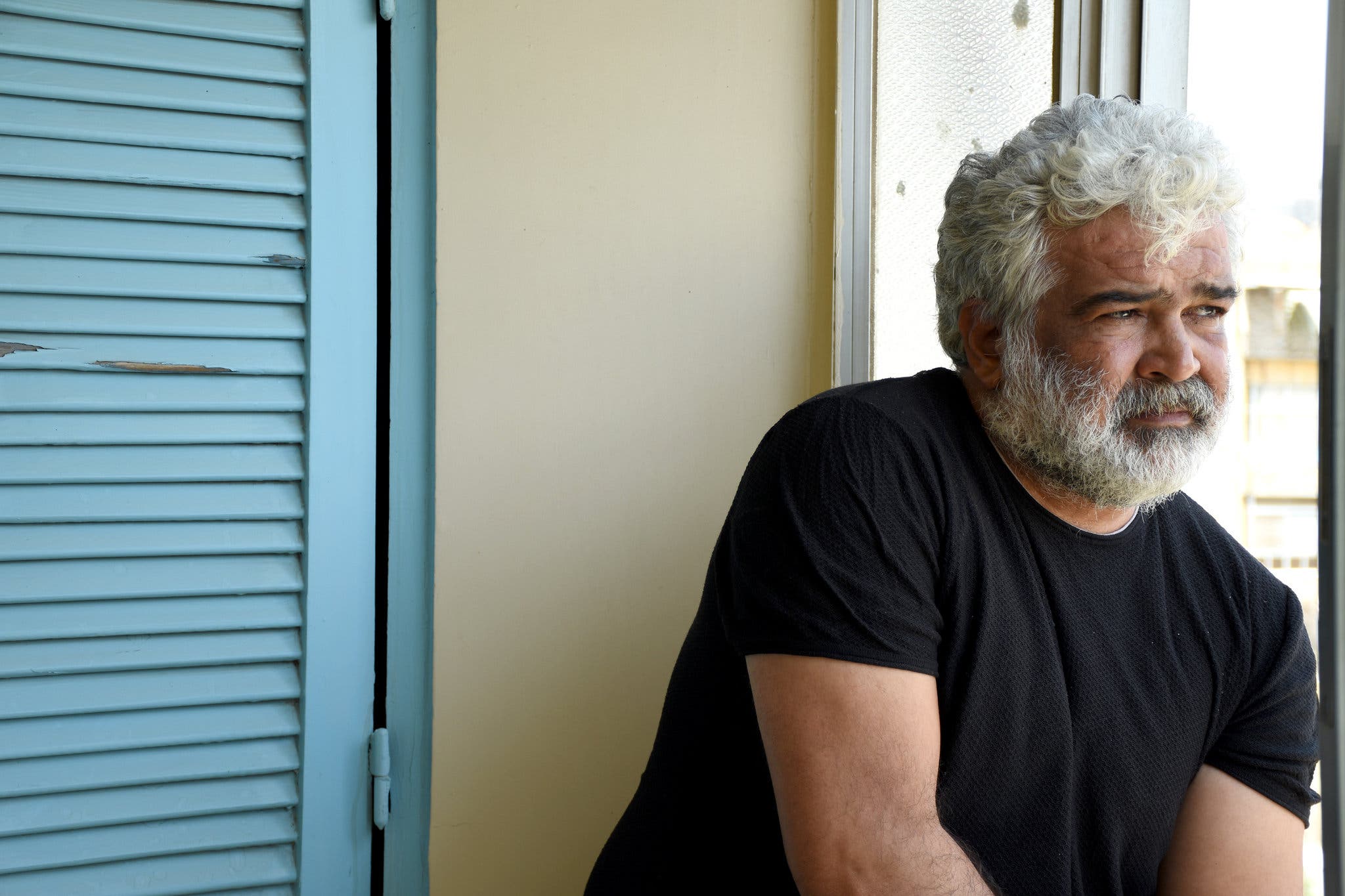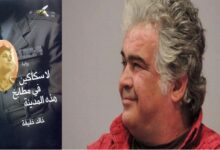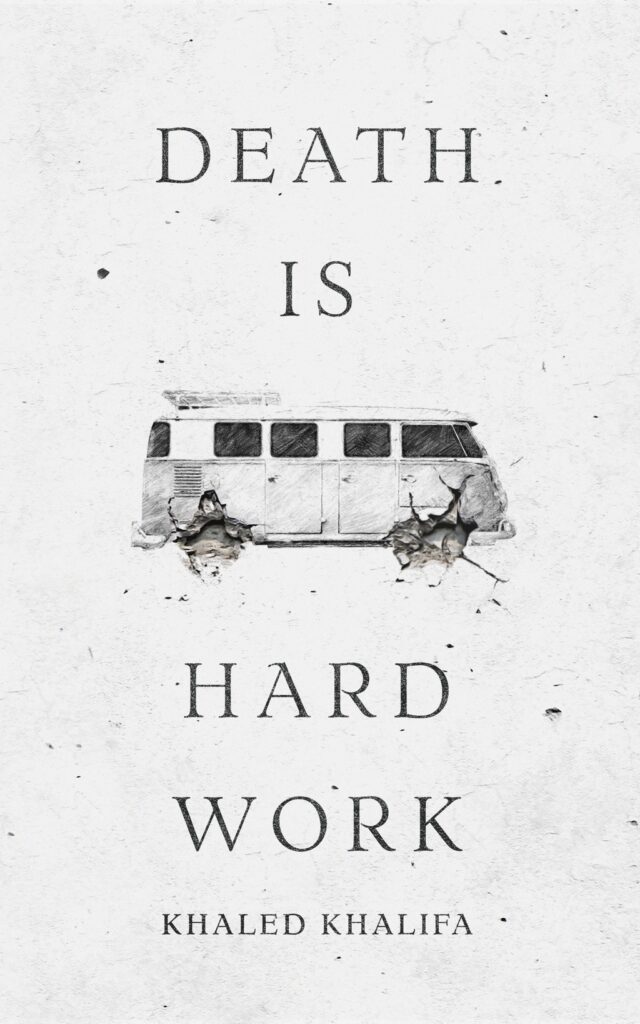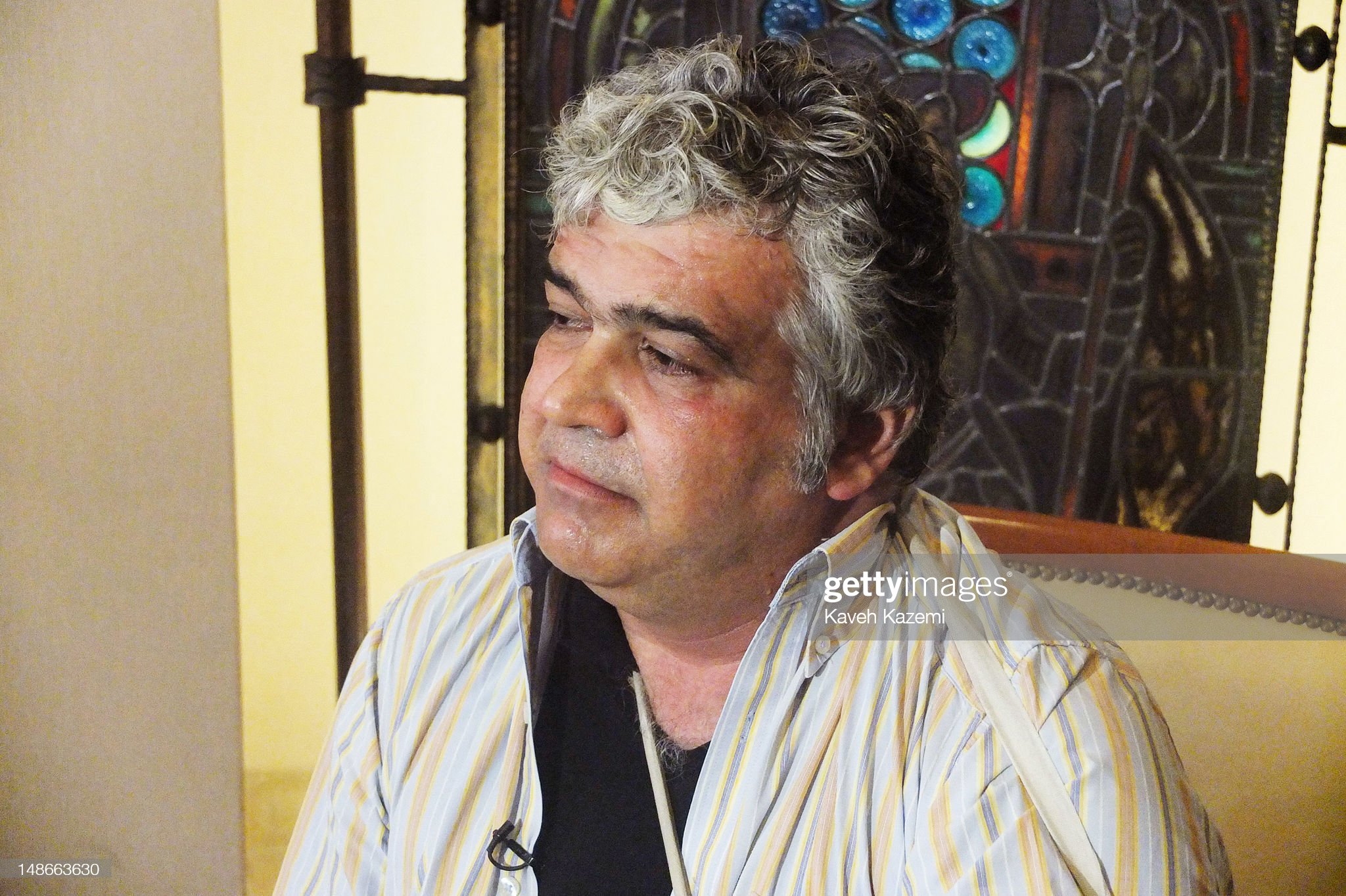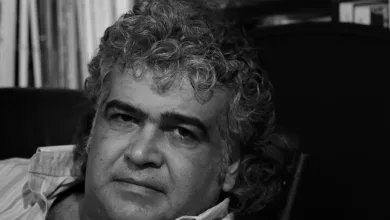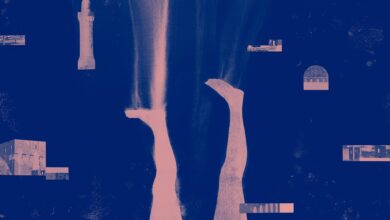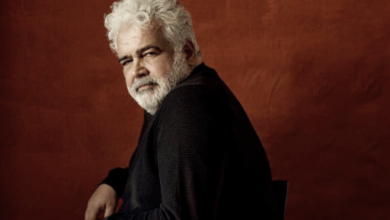The Syrian novelist uses a funeral rite road-trip to explore the fear and paranoia of modern Damascus
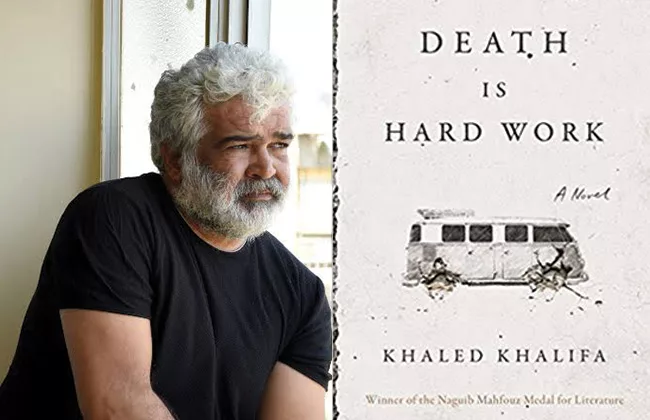
Death is Hard Work, Khaled Khalifa’s fourth novel, opens in Damascus in 2016 with the death of Abdel Latif, patriarch of the al-Salim family, whose final wish is to be buried in his native village of Anabiya, 40km north of Aleppo.
Although the distance from Damascus to Anabiya wouldn’t have taken more than a single morning to cover in peacetime, the devastation wrought by the Syrian civil war turns this trip into a near-Sisyphean three-day odyssey for Bolbol, Fatima and Hussein, Abdel Latif’s adult children, who load their father’s corpse into a minivan and drive off to fulfil his last request.
Over the course of the novel’s three chapters, the al-Salim siblings haphazardly negotiate ravaged roads, government checkpoints, corrupt officials, rebel militias, snipers and rabid dogs. Indeed, death is so omnipresent in this novel that there is something tragicomic to the whole endeavour. As Khalifa narrates: “rites and rituals meant nothing now” since “for the first time, everyone was truly equal in death. The poor and the rich, officers and infantry in the regime’s army, armed squadron commanders, regular soldiers, random passers-by, and those who would remain forever anonymous: all were buried with the same pitiful processions.”
Abdel Latif’s children are all unhappy with their lot in life, as well as utterly alienated from the life and times of the man who’s brought them all together in death. Bolbol, who optimistically takes charge, is divorced from his wife and never sees his son. Hard-nosed Hussein is a moody, sarcastic jack of all trades, while Fatima is a tangle of insecurities and frustrated aspirations.
Leri Price, who has to date translated all of Khalifa’s books into English, retains the original’s sharpness and a pacy tone that recalls other Arab political novels, in particular Fadhil Al Azzawi’s Cell Block Five (2008). As such, and despite its relentlessly bleak subject matter, Death Is Hard Work is intensely readable. As the pages turn, one is impelled to keep up with the al-Salim siblings as they race against time — literally, given that their father’s body is rapidly decomposing, filling the back of the minivan with maggots.
Despite being almost thwarted at every turn, including Hussein’s desperate attempt to bury his father randomly by the side of the road just to be rid of him, the al-Salim siblings finally reach their ancestral home of Anabiya, where next to nothing of the world their father had once known remained: “Only a single uncle and a few cousins were left; most had fled for the camps in Turkey or were in prison or had joined the Free Army and its battalions, fighting one another as well as the regime. No one was waiting for the three siblings in Anabiya except for a few men who were already exhausted from burying so many dead over the last four years.”
One is impelled to keep up with the siblings as they race against time — literally, given that their father’s body is decomposing
Following Abdel Latif’s anticlimactic burial, the novel concludes as the al-Salim siblings disperse into the mayhem of Damascus. Although the ending feels slightly abrupt, this novel achieves a narrative cohesion perhaps not fully realised in Khalifa’s previous work, No Knives in the Kitchens of This City (2016), which was awarded the Naguib Mahfouz Medal for Literature for its chronicling of life in Aleppo in the mid-to-late 20th century.
Wryly compelling, despite the author’s pessimistic outlook, Death Is Hard Work may be Khalifa’s finest achievement yet, movingly conveying the fear, paranoia and hardships of life in an embattled police state.
Death Is Hard Work: A Novel, by Khaled Khalifa, translated by Leri Price, Farrar, Straus and Giroux, RRP$25.00, 192 Pages
Published on FT here


